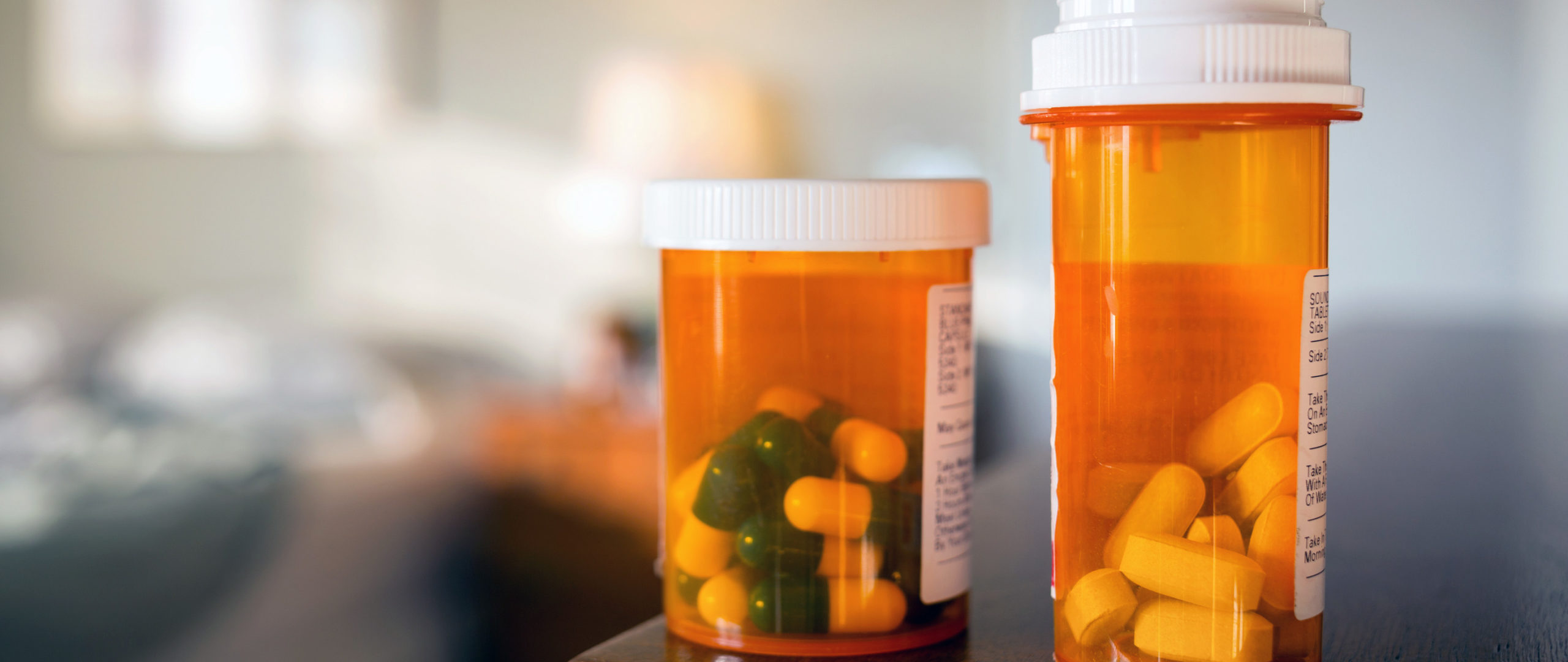Medications are the leading cause of child poisoning.
This holiday season, the family is bound to wind up in someone else’s home — maybe someone whose days of worrying about little ones are way behind them. Before you head to Grandma and Grandpa’s, have a conversation about whether medications are out of reach of your children.
Donna Seger, M.D., medical director for the Tennessee Poison Control Center, reminds us to always “properly dispose of old and unused medicines. Flushing medicine down the sink or toilet may be bad for the environment. Throwing it away with the trash may cause less pollution, but there is a risk that other people or animals may find it. For more tips on what you can do with medications you no longer need, visit www.tnpoisoncenter.org.”
Keep these tips in mind to keep your child safe year-round:
- Make sure all medicines and vitamins are stored where children can’t see or reach them. When guests are visiting your home, make sure their medicines are stored out of sight and reach.
- Consider products you might not think of as medicines. Most parents store medicine up and away, but remember products such as diaper rash remedies, vitamins and eye drops are medicine, and they need to be stored safely.
- Buy child-resistant packages when available.
- Do not call medicine candy.
- Use the dosing device that comes with the medicine. Proper dosing is important, particularly for young children. Spoons used for cooking won’t measure the same amount as the dosing device.
- Add the toll-free Tennessee Poison Help Number — 800.222.1222 — into your home and cell phone contacts lists.
- Put the number on your refrigerator or another place in your home where it can be easily seen. And remember, the poison help number is not just for emergencies; you can call with questions about how to take or give medicine 24 hours a day, seven days a week.
More safety tips are available on Monroe Carell Jr. Children’s Hospital at Vanderbilt’s Pediatric Trauma Injury Prevention Program website.

